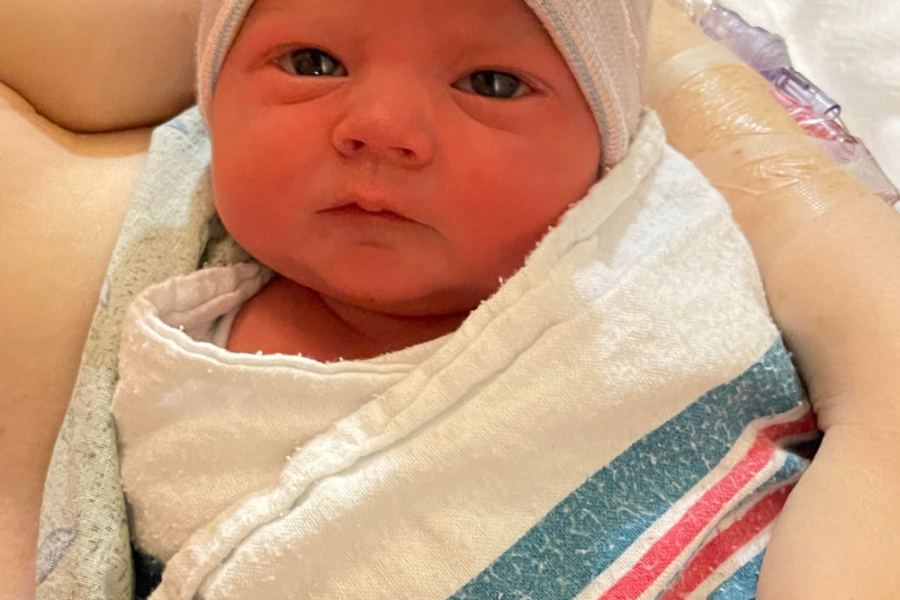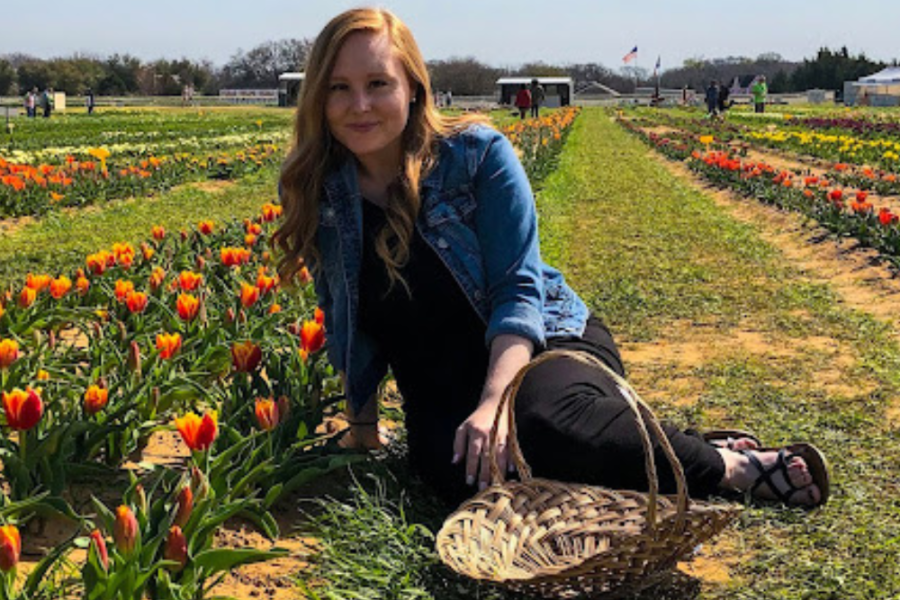
I wrote this blog post February of 2022 on my old blog, All Things Ashley Marie, but it remained in my drafts. I figured there’s no time like the present than to share this.
After moving back in with my mom in 2018, there were some significant financial struggles my mom was facing that came to light, then in early 2019 she lost her job, and sank into a deep and severe depression.
Before this, I knew people who suffered from depression, but never someone I was super close with. Watching my mom feel hopeless and not be able to do anything to change it, is definitely one of the hardest and scariest things I have ever been through.
There’s definitely two sides to all of this and I would be lying if I said our relationship and bond wasn’t tested through this, and didn’t suffer during this time. We struggled and fought more times than I can count, and that didn’t make things easier on either of us.
Although it happened gradually, I would say my mom had returned to her normal self in late 2019. So seeing as it’s now 2022, this post has been in the works for a while. I’ve taken a lot of time to reflect on how this affected me, my mom, and our relationship, in hopes of being able to share about our experience and what we think could be beneficial to someone who may be going through something similar.
I think the hardest part for me was not knowing how I could actually help my mom. With that said, below are the things we think could help you if you’re watching someone you love fight this battle:
ACCEPT YOUR LACK OF UNDERSTANDING
This may be the most important thing I learned from my mom’s depression. For months, I desperately tried to understand and make sense of what my mom was going through. I simply didn’t understand how she got to such a dark place that gave her constant anxiety, many sleepless nights, lack of appetite, little to no desire to get out of bed, and lack of desire to do anything that would normally interest her.
I came to the realization that I couldn’t and wouldn’t ever fully understand what got her to that point, because I am not someone who suffers from depression. And because I’ve never been in her shoes, I wasn’t ever going to fully wrap my head around why she was going through this or how she even got there. And once I removed the focus on why this was happening, or how it got as severe as it did, I was able to focus more on what I could actually do to help her move forward.
LISTEN MORE, SPEAK LESS
My mom and I had so many conversations and fights over the course of the first several months when she sank into her depression. It ranged from big, stressful topics such as the financial issues that eventually caused us to list my childhood home for sale, to tiny things such as what groceries I should buy for her, or what she wanted to eat. Most of our conversations went one way – me trying to talk her through things, then us both getting frustrated and ending the conversation feeling defeated.
I often wanted to propose solutions (most of the time completely logical ones in my mind) to every issue or concern she voiced, but it wasn’t always what she needed in that moment. I think over time it became clear that sometimes she just wanted to be listened to. As difficult as it is, try to hear what your loved one is telling you, instead of immediately trying to respond (even if to you the issue seems insignificant).
BE PATIENT
Truthfully, so much patience is needed during a time like this. And I’ll be honest, I was terrible at it. Especially when I’m frustrated and/or exhausted (which happened a lot during this time), it feels next to impossible to be patient. However, this is what my mom needed. Even during the times I felt I was trying my best to be patient with her, I know I could have tried harder or done a better job at it.
As you may not be able to fully wrap your head around what your loved one is going through, it’s hard to see things from their point of view. While it won’t be easy, try to remind yourself that everything they are feeling is real to them (even when it doesn’t make logical sense to you), and they need someone to be patient with them.
KNOW WHEN TO GET PROFESSIONAL HELP
There came a time when I felt I couldn’t give my mom the care she needed, and as difficult as it was, I had to turn to professional help. I had been wearing myself thin trying to work and come home on lunch breaks just to ensure my mom was eating, and one day I came home and I couldn’t find her.
I searched frantically around the house, calling out her name repeatedly, only to receive no response. In a matter of seconds or minutes (I honestly don’t know how long this lasted), my mind went over the worst possible scenarios. I remember it was at the moment I stood in her room, feeling completely terrified of what I could find, but having this gut feeling I needed to slide her closet door open. That’s where I found her.
Thankfully, she didn’t try to harm herself, but she was on the floor hugging her knees. I know that it could have been so much worse, but this was my breaking point. While my mom was not in her normal frame of mind, she did voice that she was hiding from me. It was a reality check that I needed help, because what I was trying to do to help her, clearly wasn’t cutting it. The day this happened, I spoke to close family members, and decided to admit my mom to a facility that could help her get through this.
Being entirely honest, my mom didn’t love the place she stayed. And looking back, it’s one of the hardest things about this, but I truthfully don’t know if we’d be where we are today if I didn’t admit her at the time. At the very least, this place took some stress off my shoulders, knowing someone was watching her, and helping her find her routine again. Things didn’t return to normal right away, but after she came home, things improved over time. With that said, it’s important to trust your gut and instincts if you come to a crossroads on if you need professional help.
REMEMBER THE PERSON YOU LOVE IS STILL IN THERE
I truly didn’t recognize my mom for a long time. She wasn’t the person I knew while growing up. And honestly, that was terrifying, but I chose to believe the person I knew and loved was still there somewhere and one day I would see her again. And I was right. I often had to remind myself of this though, or else I think I may have gone crazy. It may be a while before you see your loved one again in a way that you recognize, but they are still there. It’s important you know that, but it’s also really important that you remind them you know that too.
This blog post has probably been the hardest for me to write to date, but I really hope that it reaches someone who may be struggling the same as we did.
If you’ve ever been on either side of this type of situation (the one struggling with depression, or the one watching their loved one), what advice would you offer to someone else going through it?




Leave a Reply